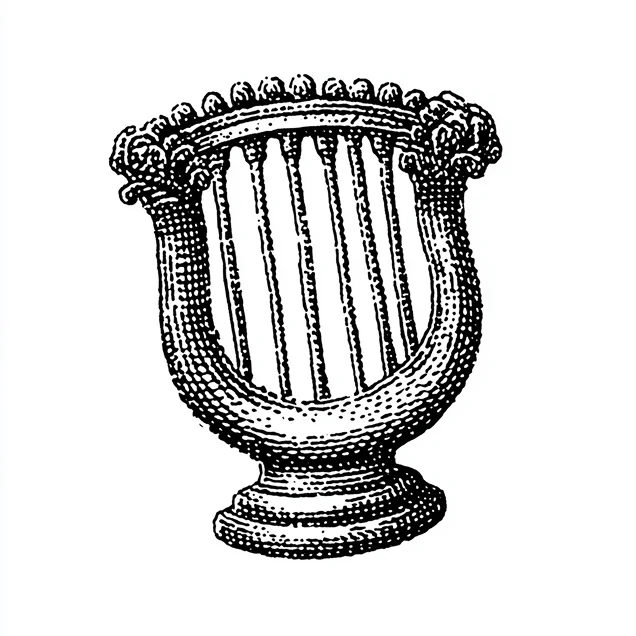What most high earners get wrong about cash
Most high earners make one of two cash mistakes: they either keep way too much sitting in checking accounts earning nothing, or they keep too little and end up selling investments when life happens.
If you've ever wondered, "How much should I actually keep in cash?" you're asking the right question. Cash isn't just about emergencies—it's the foundation that gives you confidence to invest everything else more aggressively.
The goal isn't to maximize your cash returns. It's to maximize your readiness while ensuring every dollar beyond your safety net is working harder for your future.
Here's how to get this right.
What's the right amount of cash to keep?
The standard rule: 6 months of core expenses in cash.
The smarter approach: Split that cash across two different purposes, because not all cash needs are the same.
You need some money for daily life—bills, groceries, the random car repair. But you also need a deeper emergency buffer that you hopefully never touch. The key is putting each type of cash in the right place.
Our generally recommended structure:
- 2 months of expenses → Checking account (instant access)
- 4 months of expenses → High-yield savings or Smart Treasury (earning interest but still liquid)
This way, you're not keeping $50,000 in checking earning 0%, but you're also not scrambling to transfer money every time you need to pay rent.
Why split your cash this way?
Checking account (2 months of expenses): This covers your autopay bills, credit card payments, groceries, and any surprise expenses that pop up. You need this money to be instantly available without any transfers or delays.
High-yield savings or Smart Treasury (4 months of expenses): This is your true emergency fund. Job loss, major health event, or extended period without income. It should earn interest (currently around 4-5% in high-yield savings) but remain completely liquid if you need it.
The psychology matters too: When you know you have 6 months of expenses covered, you can invest your long-term money more confidently. You won't be tempted to panic-sell during market downturns because you have a solid foundation.
Common cash allocation mistakes
Keeping everything in checking That $50,000 in your checking account is losing purchasing power to inflation. Move the excess to high-yield savings immediately.
Not having enough liquid cash If you only keep 1-2 months of expenses in cash, you might be forced to sell investments during a market downturn to cover an emergency.
Overthinking the "best" cash yield Don't spend hours comparing 4.2% vs 4.5% yields. Pick a reputable high-yield savings account and move on. The bigger win is having the right allocation structure.
Forgetting to adjust for lifestyle changes If your monthly spending increases significantly, update your cash targets accordingly. The formula scales with your lifestyle.
Quick Answers: Common cash questions
"Is 6 months of expenses too conservative if I have job security?" Maybe, but unexpected things happen. Medical emergencies, family situations, or even just wanting the flexibility to take some time between jobs. The peace of mind is usually worth it.
"Should I count investment accounts as part of my emergency fund?" No. Emergency funds should be completely liquid and not subject to market volatility. Investments are for longer-term goals.
"What if I have irregular income as a freelancer or business owner?" Consider keeping 9-12 months of expenses in cash instead of 6. Irregular income requires a bigger buffer.
"Can I use a credit card as part of my emergency strategy?" Credit cards can help in a pinch, but they're not a replacement for cash savings. You still need to pay the bill eventually.
Can Titan help with cash allocation?
Yes. If you're a Titan client, we can:
- Calculate your optimal cash target based on your actual spending patterns
- Set up Smart Treasury for your emergency fund to earn competitive yields
Smart Treasury is our proprietary cash solution.
It allocates your cash into a low-risk Treasury money market fund and optimizes for your best after-tax yield among our options based on your income, location, and filing status.
It scans rates daily. Rebalances automatically. - Integrate your cash strategy with your overall investment allocation
- Adjust your targets as your income and lifestyle change
The goal is a cash foundation that gives you confidence to invest everything else more strategically.
Want help optimizing your cash allocation?
Talk to a Titan advisor to get a personalized cash strategy that balances safety, liquidity, and returns.
About Titan
Titan is a modern Registered Investment Advisor (RIA) helping high-earning professionals navigate complex money decisions. With a dedicated advisor and access to proprietary strategies and alternative investment options, we're your go-to wealth team for everything from RSUs to retirement. Learn more at www.titan.com.







